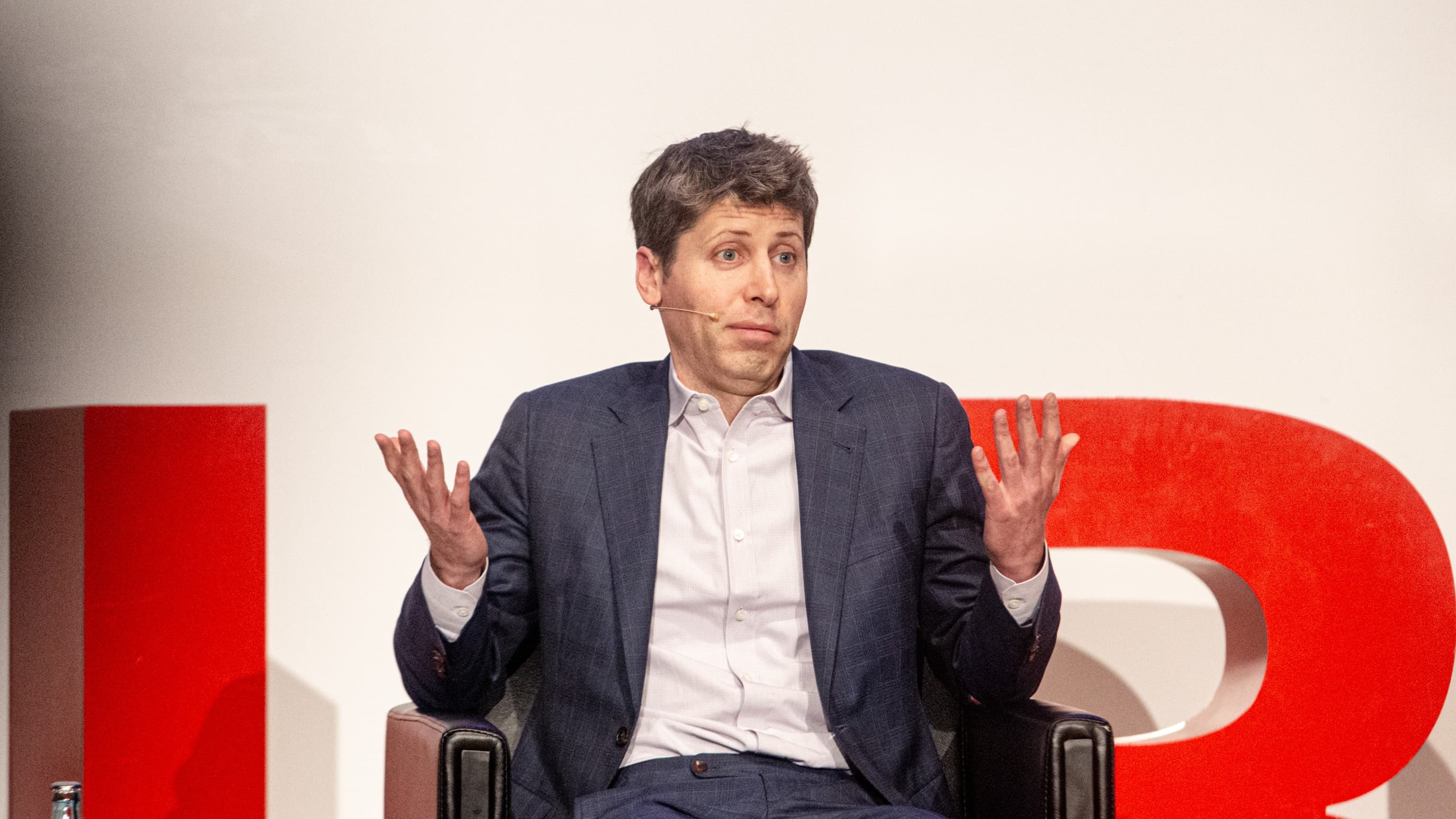OpenAI's Sam Altman Foresees GPT-6 Delivering 'Leap' in AI-Driven Scientific Discovery

OpenAI CEO Sam Altman has outlined a progressive vision for the capabilities of future GPT models, predicting that GPT-6 will usher in a transformative era for scientific research. In a recent statement shared on social media on November 6, 2025, Altman highlighted the evolving intelligence of AI, from passing a "spiritual Turing test" with GPT-3 to actively contributing to scientific endeavors with upcoming versions.
Altman stated, "> GPT-3 was the first real glimpse of passing a spiritual Turing test." This comment refers to the model's ability to generate human-like text, prompting discussions among experts about AI's capacity to emulate human conversation and intelligence. While some argue that current models are often constrained by "guardrails" preventing a true assessment, the initial impact of GPT-3 marked a significant milestone in AI's perceived human-like interaction.
Building on this foundation, Altman noted, "> GPT-5 shows the first small signs of AI doing new science — useful ideas, real help on papers." This indicates a shift from mere conversational fluency to genuine intellectual contribution, where AI can assist researchers by generating novel concepts and aiding in academic work. These "tiny glimmers" suggest AI is moving beyond information retrieval to active knowledge creation.
The most significant prediction concerns GPT-6, which Altman believes "> will be a leap like GPT-3 to 4, but this time for science, where it can really do it." This anticipated advancement suggests GPT-6 could become an indispensable tool for scientific discovery, capable of tackling complex research questions and proposing experiments with unprecedented efficiency and insight. The comparison to the substantial improvement seen from GPT-3 to GPT-4 underscores the magnitude of this expected scientific breakthrough.
In a recent interview, Altman further elaborated on AI's broader implications, suggesting that within a "small single-digit number of years," AI could manage up to 85% of a company division. He also emphasized the critical need for increased energy production to support the escalating computational demands of advanced AI. These developments point towards a future where AI not only accelerates scientific progress but also redefines operational efficiencies across various industries.